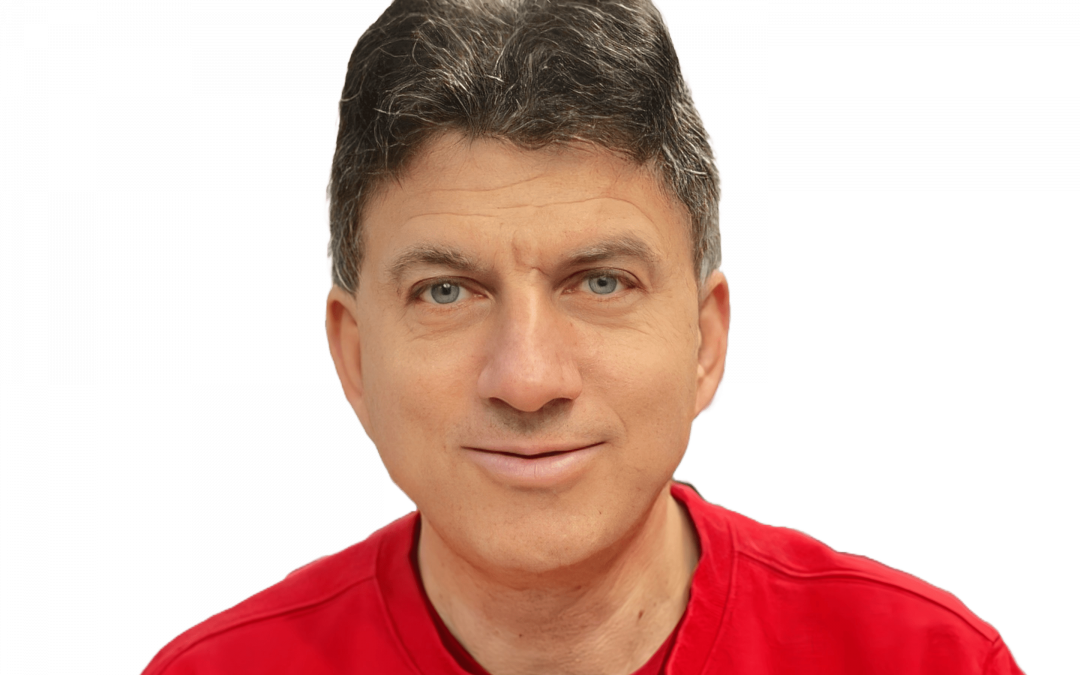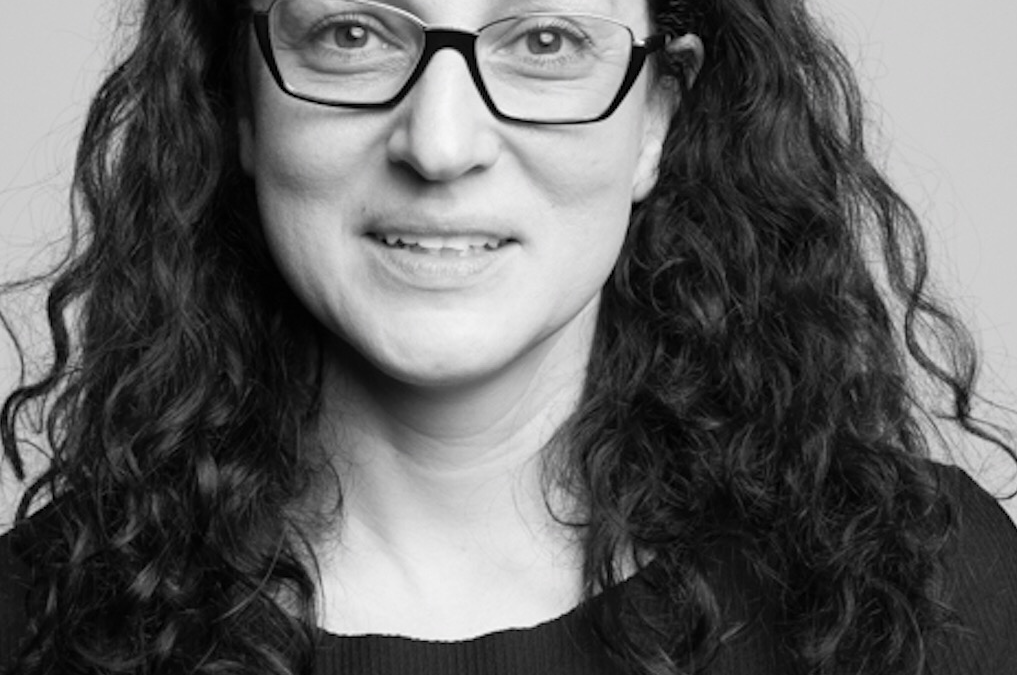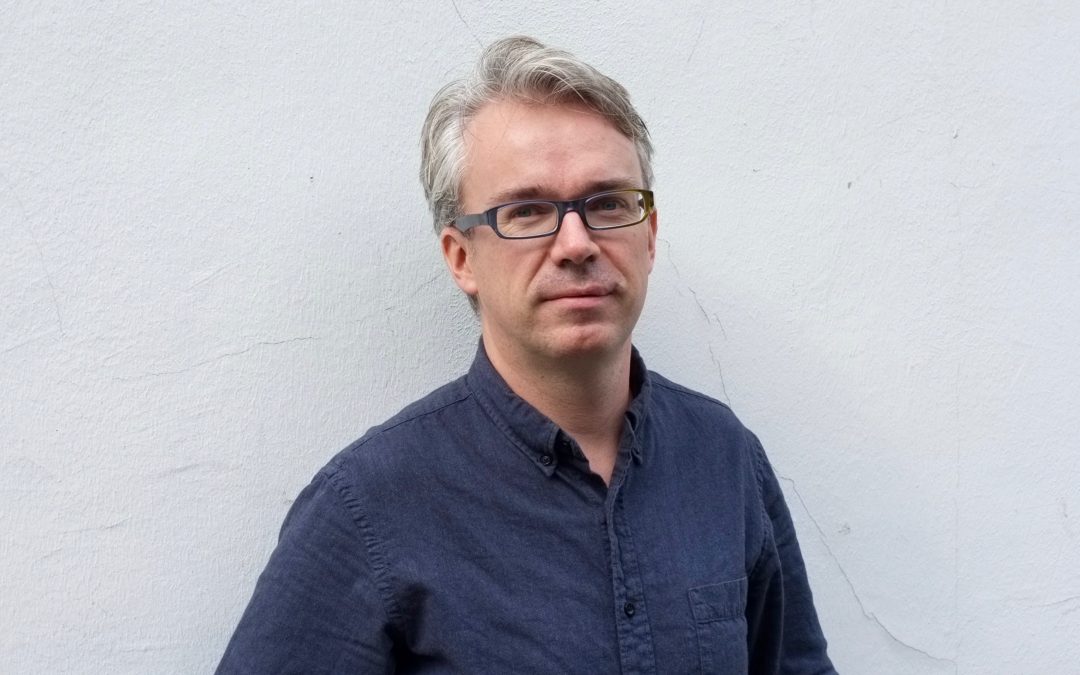Alon Halevy
December 04, 2024
Vulpian Amphitheater, 12 rue de l’École de Médecine (75006 Paris)

Alon Halevy is a Distinguished Engineer in Google Cloud. From 2019 until November 2023, he was a director at Meta’s Reality Labs Research, where he worked on Personal Digital Data, the combination of neural and symbolic techniques for data management and on Human Value Alignment. Prior to Meta, Alon was the CEO of Megagon Labs (2015-2018) and led the Structured Data Group at Google Research (2005-2015), where the team developed WebTables and Google Fusion Tables. From 1998 to 2005 he was a professor at the University of Washington, where he founded the database group. Alon is a founder of two startups, Nimble Technology and Transformic (acquired by Google in 2005). Alon co-authored two books: The Infinite Emotions of Coffee and Principles of Data Integration. In 2021 he received the Edgar F. Codd SIGMOD Innovations Award. Alon is a Fellow of the ACM and a recipient of the PECASE award and Sloan Fellowship. Together with his co-authors, he received VLDB 10-year best paper awards for the 2008 paper on WebTables and for the 1996 paper on the Information Manifold data integration system.
Abstract
Many applications claim to enhance our well-being, whether directly by aiding meditation and exercise, or indirectly, by assessing our sleep quality, or helping us manage our daily tasks. However, the truth is that the potential of technology to improve our well-being often eludes us. We find ourselves more distracted than ever, devoting excessive time to pondering life’s minutiae, and struggling to fully embrace the present moment. All this is happening at the dawn of an era where AI is supposed to usher in a new generation of capable personalized assistants.
Part of the reason that our well-being is not benefiting fully from technology is the fact that each of these apps focuses on a specific aspect of well-being, lacking coordination with other apps. This situation is reminiscent of the early days of computer programming when each program interacted directly with the computer’s hardware. Drawing from this analogy, this talk will begin by describing a set of mechanisms that can facilitate better cooperation between well-being applications, effectively proposing an operating system for well-being. This operating system comprises a data repository, referred to as a personal timeline, which captures your past experiences and future aspirations. It also includes mechanisms for utilizing your personal data to provide improved recommendations and life plans, and a module to assist in nurturing and navigating crucial relationships in your life.
We will then delve into the technical challenges involved in building the components of the operating system, focusing on how to create personal timelines from the digital data we create on a daily basis. In this context, we will consider how to balance the promise of language models and their ability to cover a wide set of experiences with the need to model more explicitly the semantics of certain aspects of our lives.
Other Distinguished Lectures

Nikos Paragios – Seeing the Invisible – Doing the Impossible: Reinventing Healthcare with Generative AI-powered diagnosis, treatment and beyond
Nikos ParagiosDecember 04, 2024Vulpian Amphitheater, 12 rue de l’École de Médecine (75006 Paris) Nikos Paragios (52) is distinguished professor of Mathematics (on partial leave) at Ecole CentraleSupelec, the school of engineering ofthe University of Paris-Saclay and...

Kimon Drakopoulos – Deploying a Data-Driven COVID-19 Screening Policy
Kimon Drakopoulos May 5, 2021, at 4 PM Online (Zoom) Abstract In collaboration with the Greek government, we designed and deployed a nation-wide COVID-19 screening protocol for travelers to Greece. The goals of the protocol were to combine limited...

Julia Stoyanovich – Building Data Equity Systems
Christopher Messenger April 6, 2022, at 4 PM Online (Zoom) Abstract Equity as a social concept — treating people differently depending on their endowments and needs to provide equality of outcome rather than equality of treatment — lends a unifying...

Laurent Daudet – Promises and challenges of massive-scale AI – the case of large language models
Laurent Daudet November 3, 4pm Room Turing Conseil, 45 rue des Saints Pères 75006 Paris & Online (Zoom) Abstract OpenAi’s GPT-3 language model has triggered a new generation of Machine Learning models. Leveraging Transformers architectures at...
